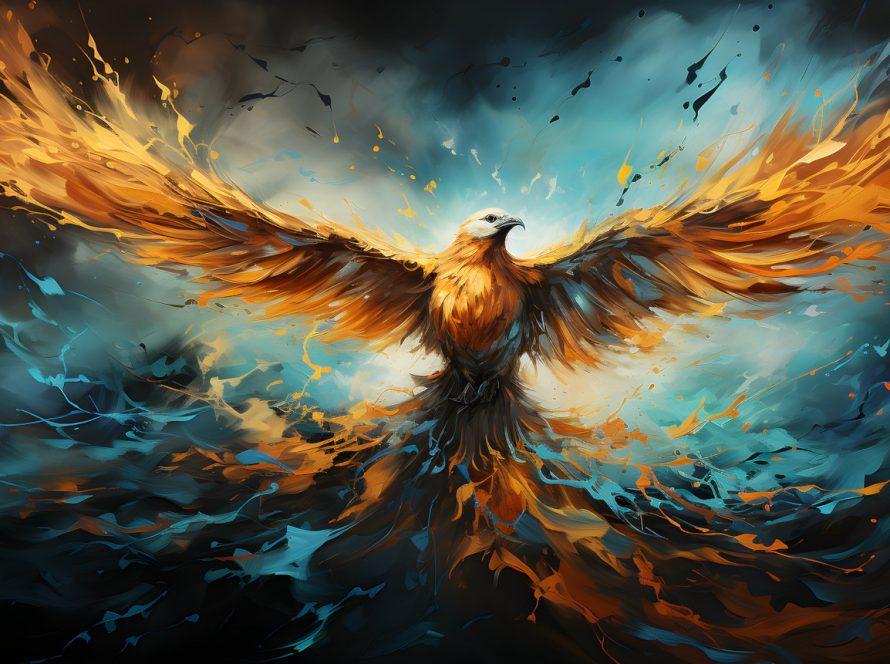In the words of Fritz Perls, “Lose your mind and come to your senses.” This quote encapsulates the profound journey I’ve been on since 2008. For much of my life, I placed immense value on knowledge. Knowing was power, or so I was taught. Yet, despite my pursuit of knowledge, I often felt a sense of lack. I never knew enough, had enough, or felt like I was enough. I realised that I had neglected my inner knowing in favour of external knowledge. If something couldn’t be explained through theories or books, I struggled to accept its existence.
Reflecting on my upbringing within the framework of religion, I recognized the paradox of blindly believing in the unseen while craving concrete knowledge in other aspects of life. This contradiction intrigued me. How could someone so attached to knowing also believe in the unknown with unwavering certainty? My mind was perplexed, but my spirit found solace in this faith.
However, as I journeyed through life, I reached a point where the need to know began to fade. While knowledge remains important for understanding and navigating experiences, I discovered a newfound ease in surrendering to the unknown. I realized that I didn’t need to comprehend every step of the journey; instead, I could trust in the unfolding process. In this state of surrender, even chaos, violence, fear, and grief felt like integral parts of life’s tapestry. I learned to embrace the flow of life without constantly seeking meaning or control.
The past few years have been dedicated to practising receptivity to the divine within and beyond myself. It’s about relinquishing the desire to serve my own ego-driven agendas and instead saying, “I am ready to serve what is meant to flow through me.” This realization brings a sense of liberation, yet I acknowledge that I am still a student on this path of surrender. My vessel requires continual maintenance and upgrades to serve from a place of authenticity and alignment.
My journey has involved confronting my attachments to structure and knowledge, recognizing how they both provided comfort and constrained me. I’ve learned to lean into moments of uncertainty, acknowledging the discomfort they bring while also embracing the vast possibilities they offer. Through experiences of failure and falling, I’ve begun to redefine my relationship with the unknown, gradually making peace with it.
In recent years, I’ve delved deeper into the mystical realms as I’ve become more attuned to my body and senses. What I once perceived as accessible only to a select few, I now understand as available to all. The mystical is not reserved for special individuals but is inherent within each of us. By honing our ability to sense and clearing away self-imposed limitations, we can tap into the sacredness of our humanity.
As someone who facilitates experiences for others, I’ve noticed a profound shift in my approach. Rather than relying solely on my intellect, I now incorporate embodied practices to deepen my understanding and connection with clients. Starting from a place of felt sense allows for a more intuitive and effective design process, resulting in interventions that resonate on a deeper level.
Clients have remarked on the transformative quality of these experiences, highlighting the depth of conversations and the newfound sense of freedom they’ve discovered. By embracing the unknown and trusting in the wisdom of the body, I’ve cultivated a space where clients can explore complexity with greater ease and spaciousness.
Conscious movement-based practice has been my go-to practice to tune my sensing, and I have been bringing conscious movement to the retreats and the workshops I facilitate to support resolution and repair in clients’ experiences.
What practices help you move and be moved in your life and work? I would love to hear from you



